From a leading enterprise in the agricultural sector with very high profits, Loc Troi Group (LTG) plummeted and fell into a state of loss, scandal, and at one point owed farmers hundreds of billions of dong.
Loc Troi accused former CEO Nguyen Duy Thuan - who held the position for more than 4 years, from May 2020 and was dismissed on July 15 - of committing fraud, showing signs of violating the law, causing loss of company assets and requested measures to prevent Mr. Thuan.
Sharing with the press, Chairman of LTG Huynh Van Thon (born in 1958) said that Loc Troi made a mistake in choosing the leader and manager. The company was in a battle with an insider deep inside.
Mr. Nguyen Duy Thuan has not yet responded to the incident because he believes that "time will tell everything".
So, what's going on at LTG?
'Fatal' mistakes?
Loc Troi, formerly An Giang Plant Protection Joint Stock Company, was established in 1993. In April 2004, the company was equitized and renamed An Giang Plant Protection Joint Stock Company.
Initially, the main field of the enterprise was supplying pesticides, then expanding to seed trading, rice cultivation and participating in the rice value chain, organic biological products...
Supplying pesticides is a field that brings huge profits to the company, with an almost absolute proportion from the years before 2011 and still at a very large level during the cooperation period with Syngenta - a pesticide company belonging to the world's Big4 from 2010 to 2021.
The gross profit margin of the pesticide business is often very high, up to 30%. This is also a business with large accumulated profits and abundant cash flow over a long period of time.
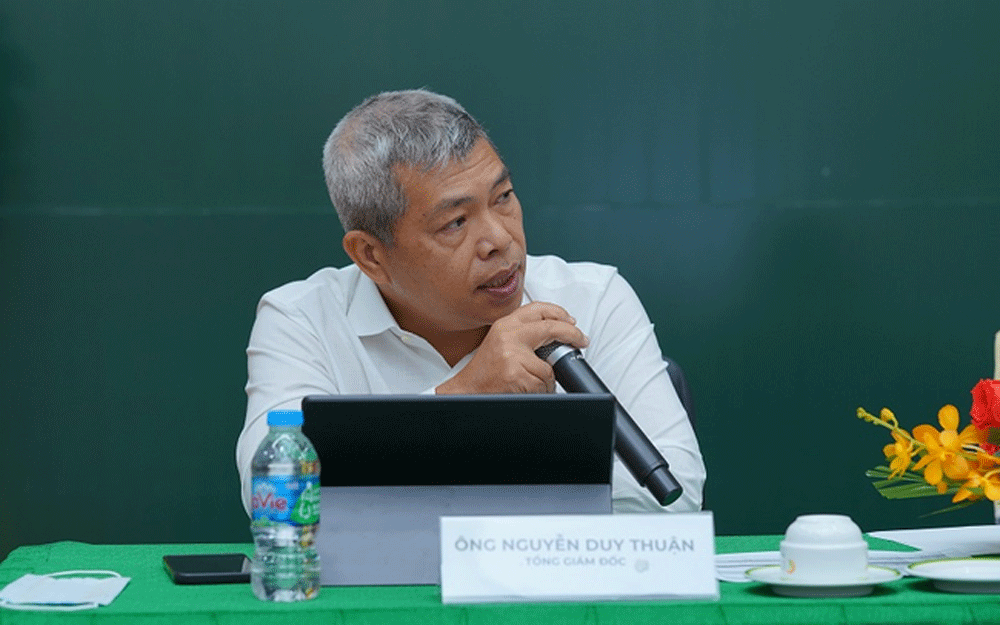
The first change was probably the shift to the rice sector. In 2011, LTG started trading in this product with quite modest revenue. But by 2015, revenue from rice reached nearly VND 2,915 billion, equivalent to 36.3% of the total revenue of nearly VND 8,027 billion.
Revenue from the plant protection drug segment decreased from VND5,347 billion in 2014 to VND4,170 billion in 2015, equivalent to a decrease in proportion from 59.5% to below 52%.
However, with the cooperation with Syngenta, the company still maintains high profits from this segment.
The turning point probably came from the breakup with Syngenta in 2021, LTG's profits began to decline, even having many quarters of losses in 2023-2024. There was a situation of hundreds of billions of dong in rice debt from farmers in An Giang and some other localities in the Mekong Delta. In addition, there was a rapid expansion with revenue, assets and debt skyrocketing in recent years, under CEO Thuan.
In 2023, rice trading activities will skyrocket when revenue from 6,431 billion in 2022 (out of a total of 11,893 billion VND) will jump to 11,323 billion (out of a total of 16,517 billion VND).
Revenue from pesticide trading decreased from VND 4,403 billion in 2022 to nearly VND 4,219 billion, equivalent to a decrease in proportion from over 37% to 25.5% of total revenue in all periods.
One noteworthy point is that during the time Mr. Nguyen Duy Thuan was General Director, although Loc Troi had a lot of debt, was affected by strong fluctuations in rice prices and high exchange rates, its financial investment activities were quite strong.
In the 2021 audited financial statements, LTG entrusted VinaCapital Fund Management JSC with an investment of VND 100 billion for a term of 24 months and held VND 12 billion in bonds of Viet Capital Commercial Joint Stock Bank with a remaining term of 84 months, interest rate of 8.5%/year. By the end of 2021, LTG also held VND 105 billion in bonds of Ho Chi Minh City Development Joint Stock Commercial Bank - HDBank (HDB).
Betting on Rice: Low Returns, High Risk?
After the rice price fever in 2008 due to the world food shortage, Loc Troi set its eyes on rice and wanted to take advantage of this business segment for its pesticide brand in the supply chain.
LTG's move is to complete a closed chain. LTG supplies seeds, agricultural materials, technical support, cultivation processes, and then purchases, processes and exports.
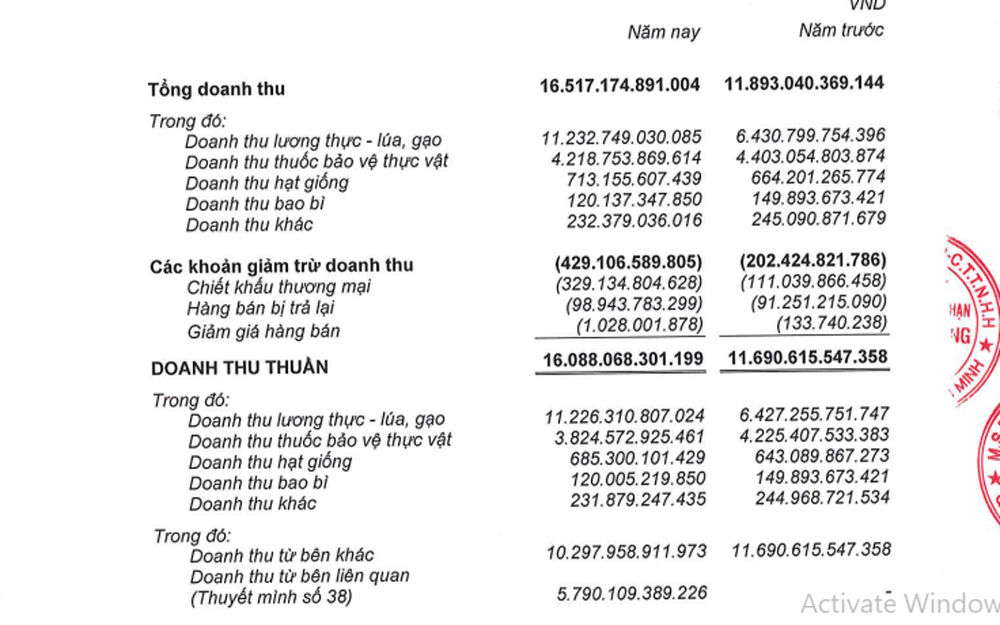
However, the recent focus on rice has increased dramatically. Loc Troi's revenue in 2023 doubled compared to 2020. However, gross profit margin has dropped from over 20% in the previous decade to only about 15%. Interest expenses are huge and continuously increasing.
At the 2024 shareholders' meeting, LTG proposed to raise more capital. However, the risks were very high and many proposals were not approved.
In fact, while rice revenue increased, Loc Troi's pesticide business showed signs of rapid decline, causing the entire group's profits to decrease.
As soon as rumors appeared in the market about Syngenta ending its cooperation with Loc Troi at the end of 2021, associated with LTG's plummeting stock price, CEO Nguyen Duy Thuan at that time shared that this was not a unilateral termination from Syngenta and that LTG's revenue mainly came from food, with the second largest segment being pesticides. Loc Troi also had revenue from agricultural services. The 2021 financial report also showed this.
Revenue from Syngenta accounts for 30% of LTG's total crop protection revenue, equivalent to more than 10% of total annual revenue. However, LTG has been positioned as a business operating mainly in the agricultural services sector.
It is worth noting that doing business in the rice sector is not easy, and the profit margin is not high. LTG explained that the loss in the first quarter of 2024 was due to "having to advance money to farmers at 0% interest, while having to borrow money from banks at high interest rates". The high USD/VND exchange rate also eroded the company's profits.
The rice fever in 2023 is also very different from the fever in 2008, which does not seem to benefit businesses when domestic rice prices increase, and previously signed export orders have low prices. In fact, Vietnam's rice export prices have dropped sharply in early 2024.
While LTG is reducing its focus on the “money printing machine” of pesticides, its main competitor Vietnam Fumigation JSC (VFG) - a subsidiary of PAN Group of financial tycoon Nguyen Duy Hung (SSI) - is focusing on this market segment. The sweet cake is transferred to other businesses.
On Syngenta's side, after ceasing cooperation with Loc Troi, it became a strategic investor in VFG (January 2022). The new wind from Syngenta is said to have supported VFG's growth as VFG's profits continuously increased. Although its asset size is only 2,945 billion VND, VFG recorded revenue of more than 3,557 billion VND in 2023 (compared to 3,251 billion in 2022), with a profit of nearly 296 billion VND (compared to 229 billion in 2022).
In the first 6 months of 2024, VFG's revenue increased by more than 30%, to nearly 2,000 billion VND. Profit reached more than 160 billion VND, compared to nearly 113 billion VND in the same period.
Meanwhile, LTG suffered heavy losses in the first quarter and has not yet released its second quarter financial statements.
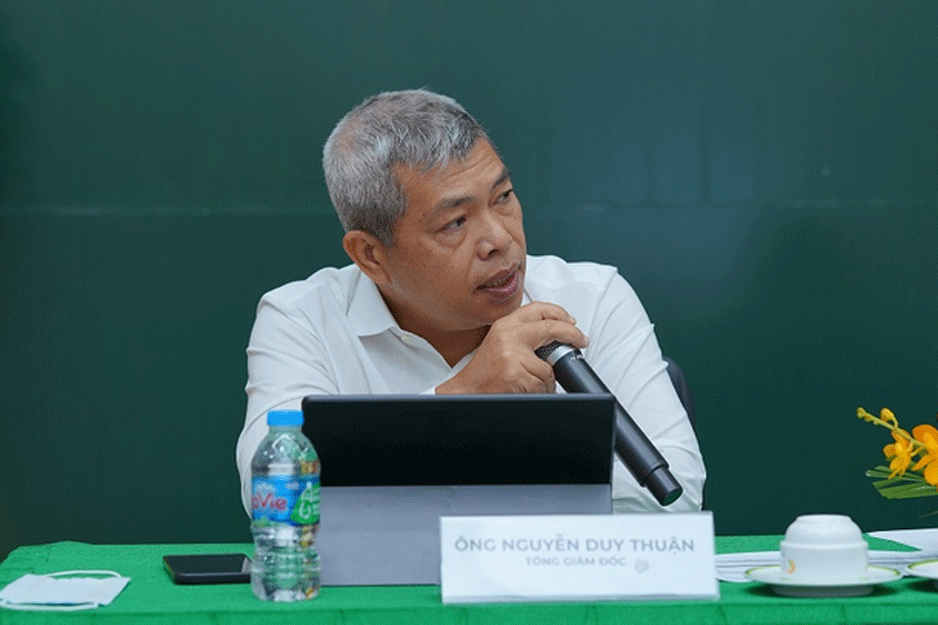
Source: https://vietnamnet.vn/de-nghi-ngan-chan-cuu-ceo-duy-thuan-dau-la-buoc-ngoat-chet-nguoi-o-loc-troi-2331366.html




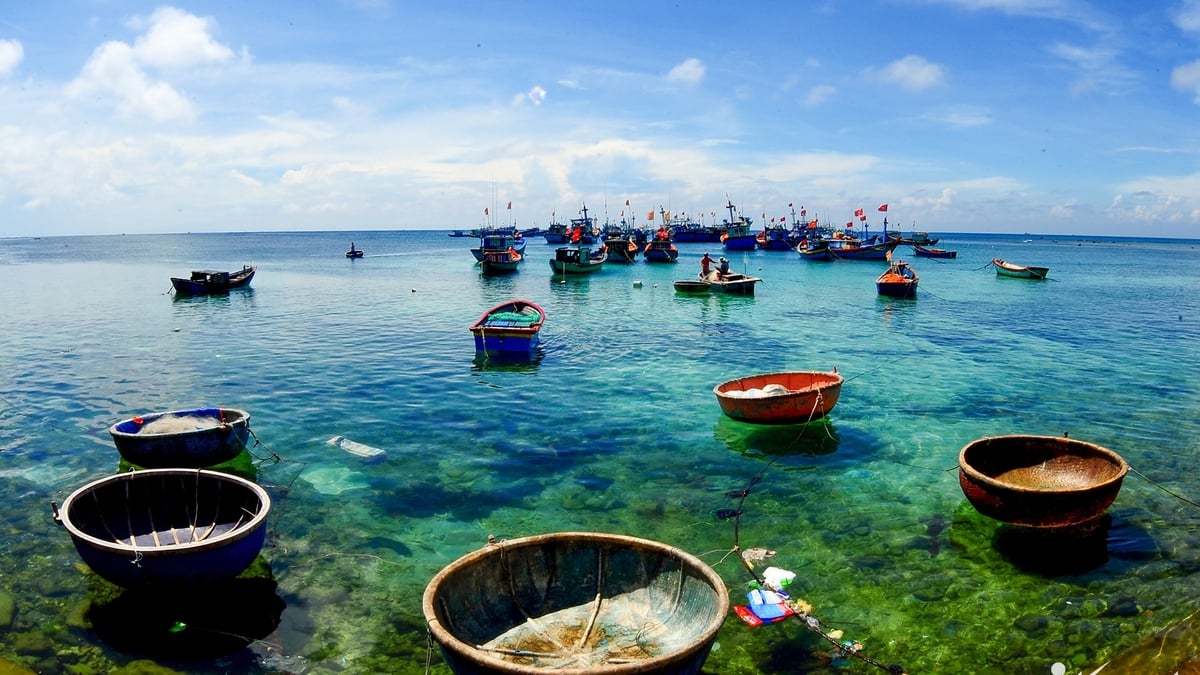
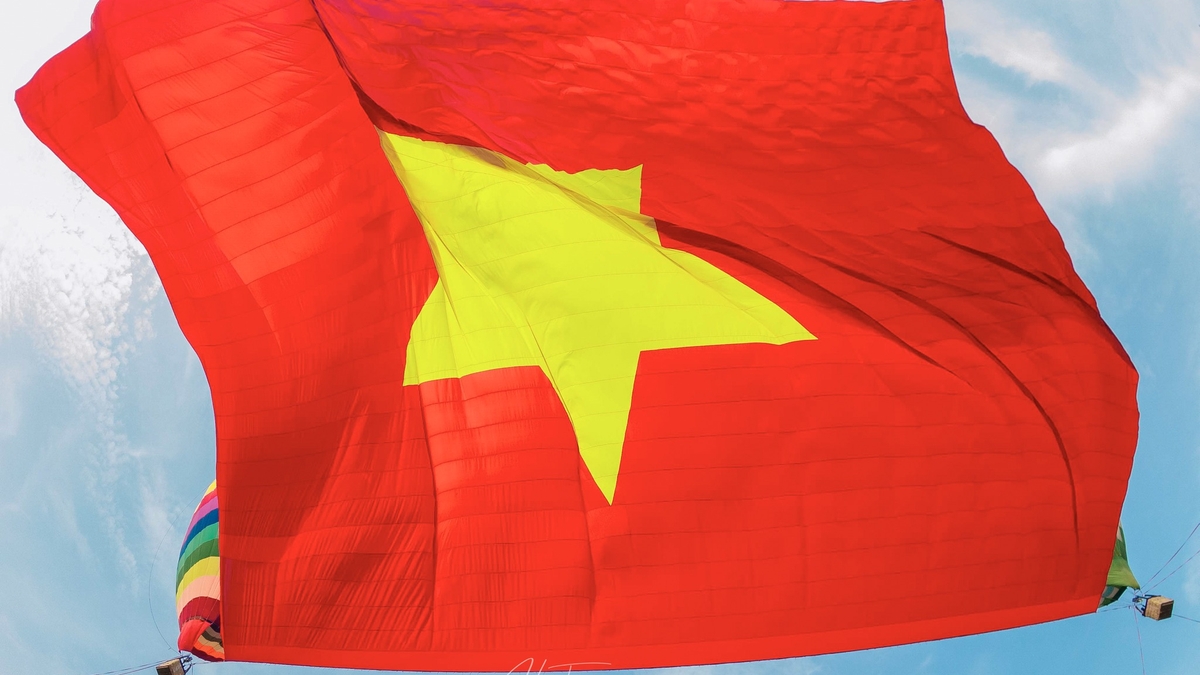
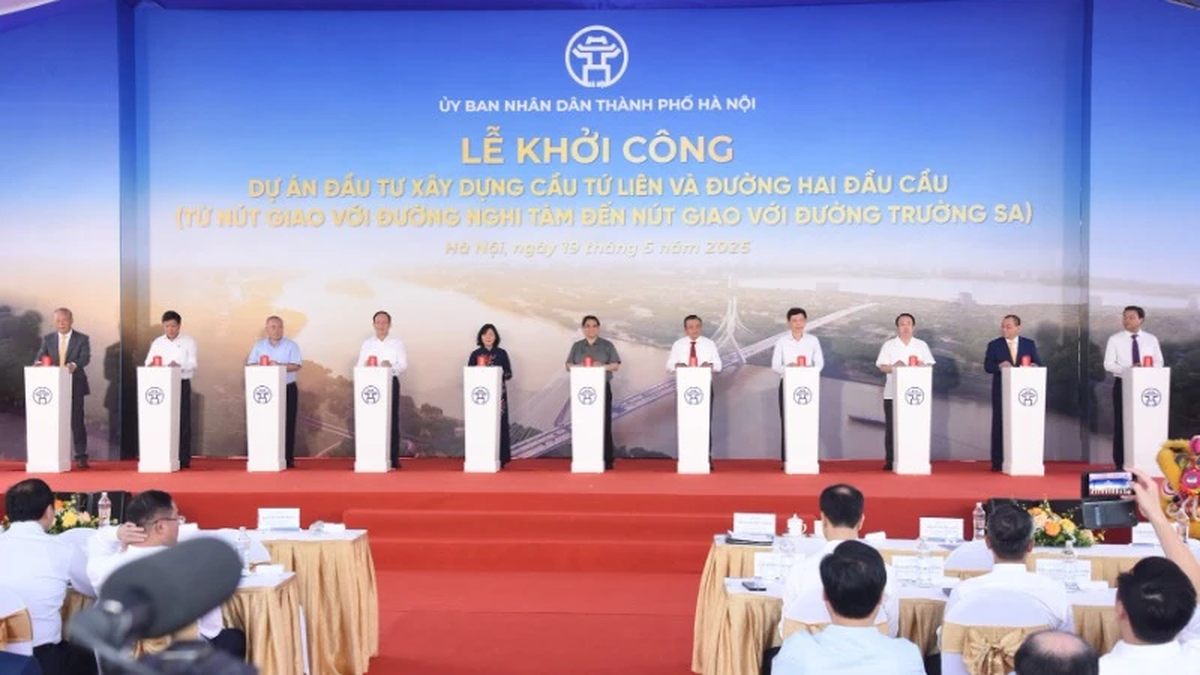
![[Photo] Party and State leaders visit President Ho Chi Minh's Mausoleum](https://vphoto.vietnam.vn/thumb/1200x675/vietnam/resource/IMAGE/2025/5/19/d7e02f242af84752902b22a7208674ac)
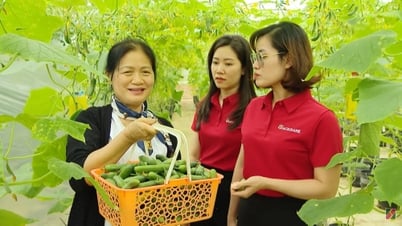





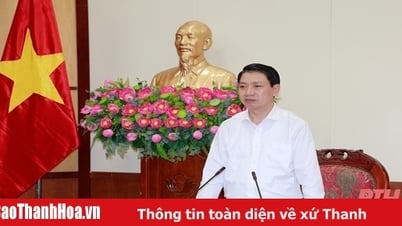






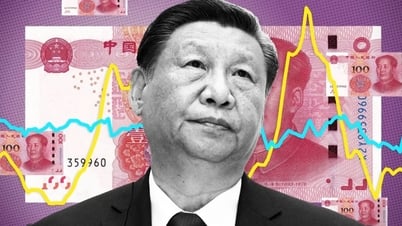



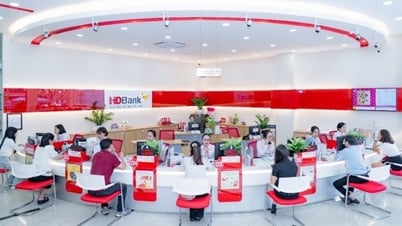

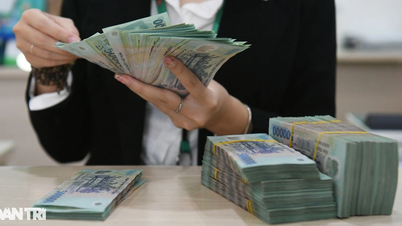
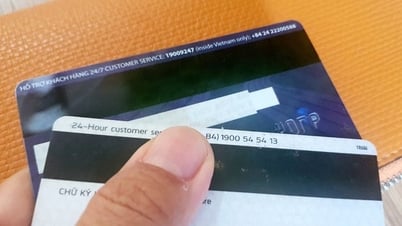


















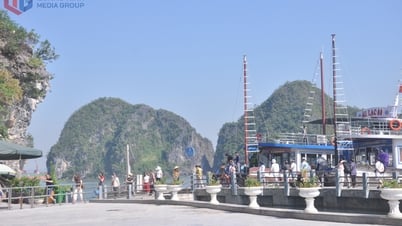










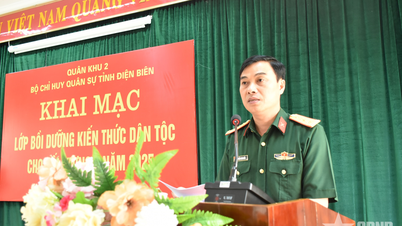





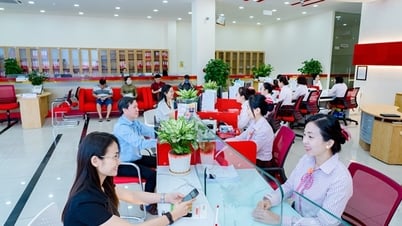





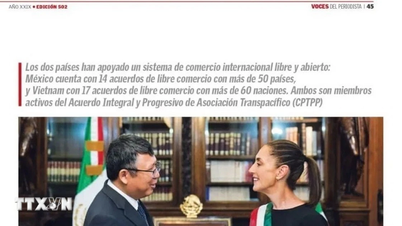
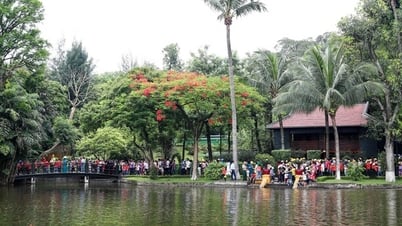

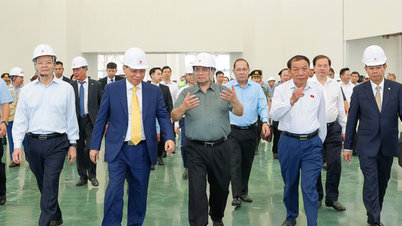
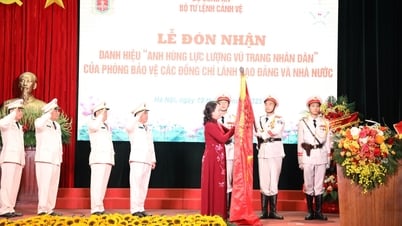



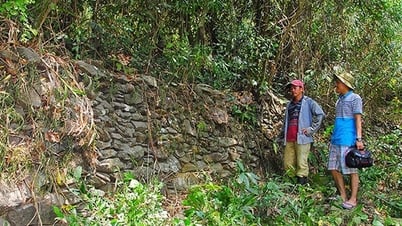





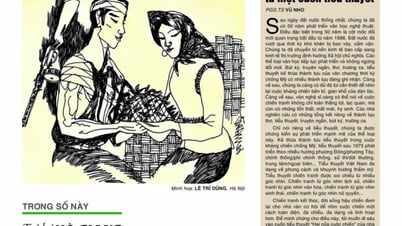
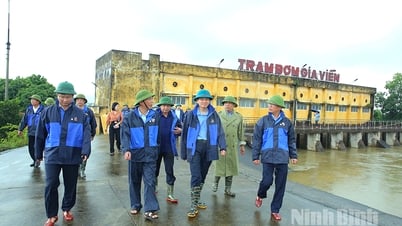

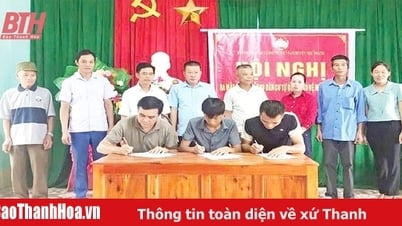


![[VIDEO] - Enhancing the value of Quang Nam OCOP products through trade connections](https://vphoto.vietnam.vn/thumb/402x226/vietnam/resource/IMAGE/2025/5/17/5be5b5fff1f14914986fad159097a677)






Comment (0)